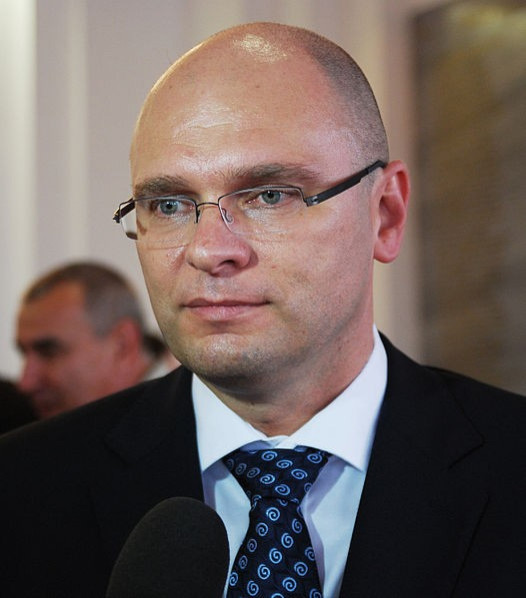Slovakia Vote on EFSF: Meet the Man Who’s Blocking it

Europe and global investors are nervously eyeing the outcome of the Slovakia vote on the expansion of the Eurozone bailout fund EFSF.
All other Eurozone members have approved and Slovakia is the last one holding out.
Slovak Prime Minister Iveta Radi?ová is determined to push it through. However, the Freedom and Solidarity Party, a member of Radi?ová’s four-party ruling coalition, has rejected the expansion.
The Freedom and Solidarity Party’s premise is that Slovakia, a country poorer than Greece, should not be made to contribute to a fund that will bail out Greece and its profligacy.
The party’s leader is Richard Sulik, an economist turned politician.
In a document titled “European Financial Stability Facility / A Road Socialism,” Sulik laid out his arguments against the EFSF.
“Greece must declare bankruptcy, Italy must start saving and the rules set up by the eurozone upon its establishment must finally start being observed. It will hurt, but it is the only solution,” wrote Sulik in the document.
Sulik, a politican with libertarian leaning who has spoke at a Cato Institute event, also boasted in the document that his party’s anti-bailout stance saved Slovak taxpayers 820 million euros, which is a sizable amount for a country of Slovakia’s size.
“Sulik has tapped into popular sentiment among Europeans about the ‘democracy deficit,’ or huge gap between the designs of Europe’s ruling elites and the desires of the region’s citizens. The widespread (and accurate) perception of Eurocrats imposing their agenda on Europe to the benefit of their cronies (e.g., big business, labor unions, and politicians in power) and at the expense of the majority is becoming increasingly difficult to ignore,” wrote Ian Vásquez of the Cato Institute in support of Sulik.
E-mail Hao Li at hao.li@ibtimes.com.
For more useful global markets information, visit ibtimes.com/sections/global-markets.
© Copyright IBTimes 2025. All rights reserved.





















